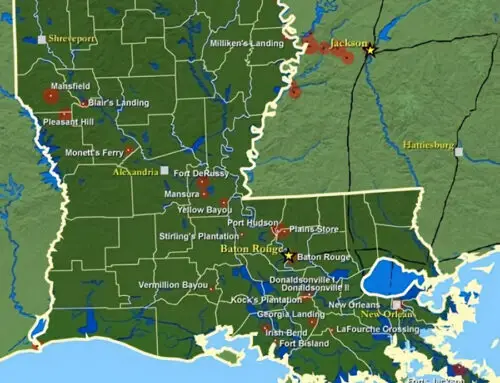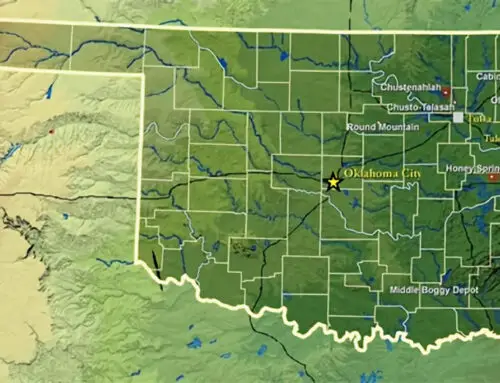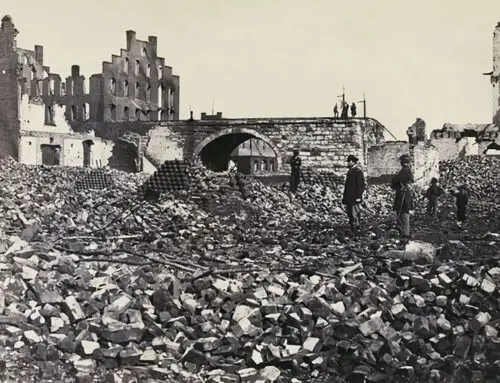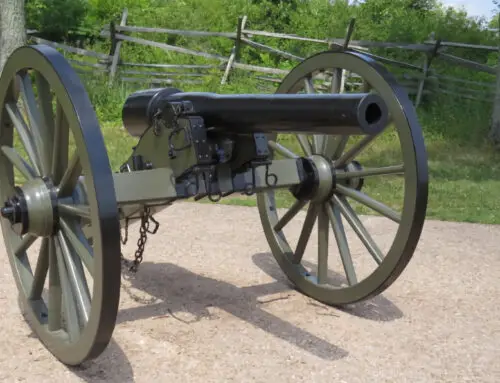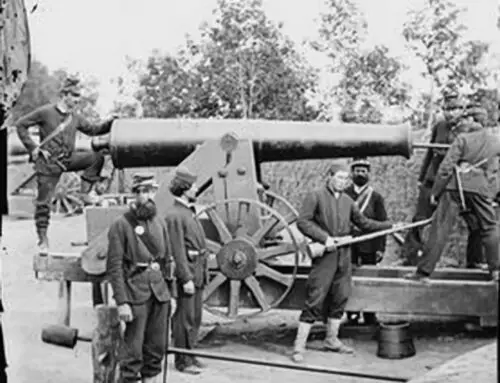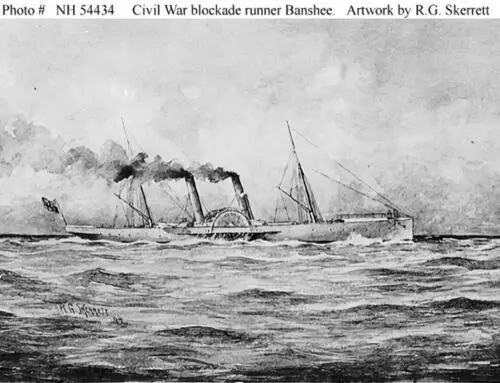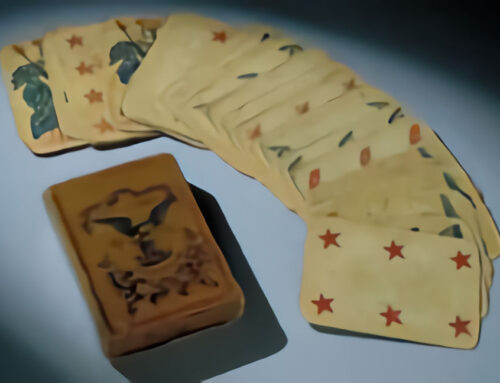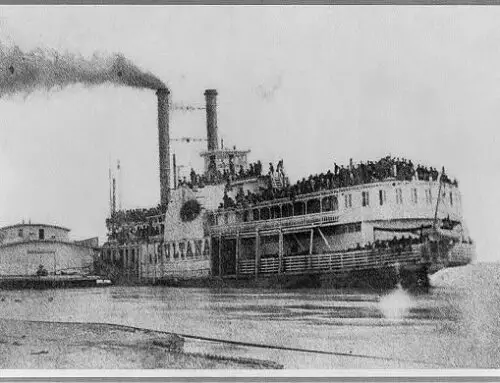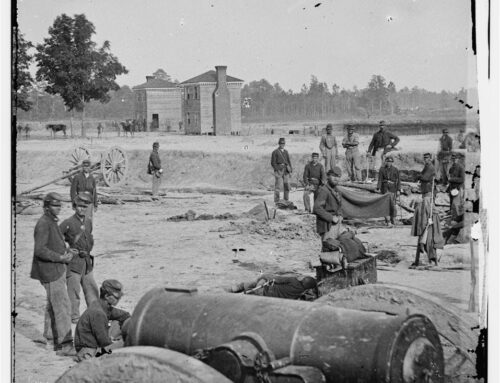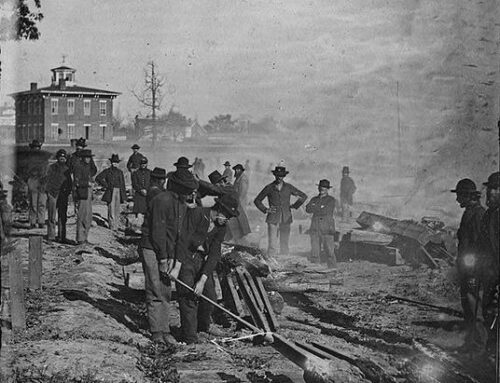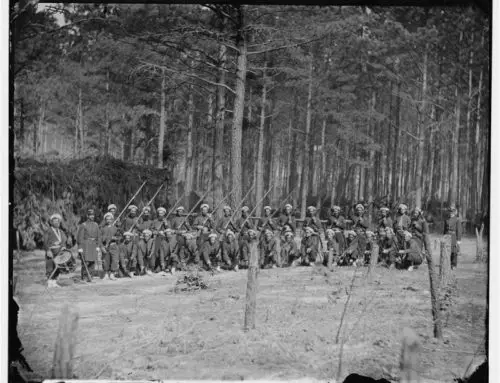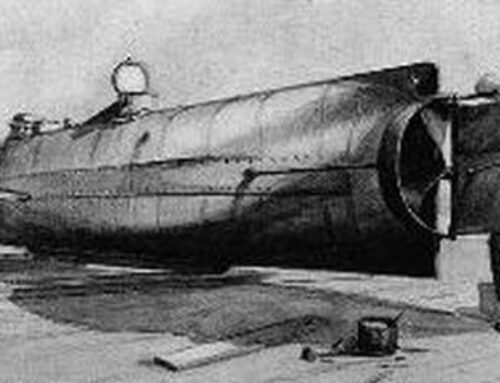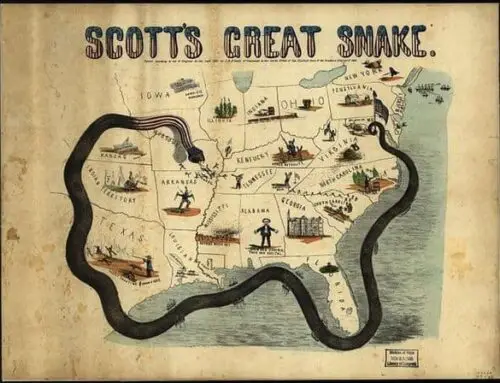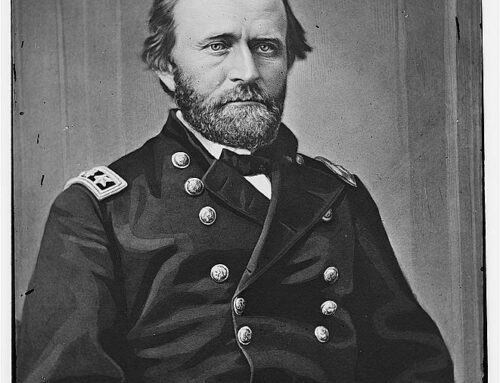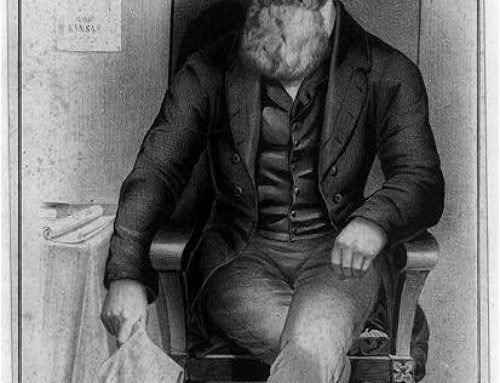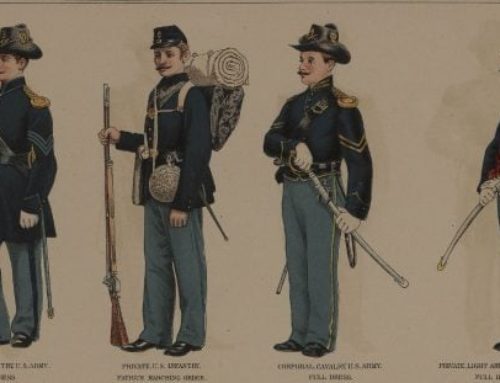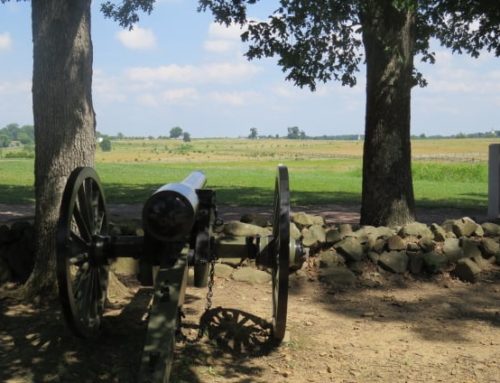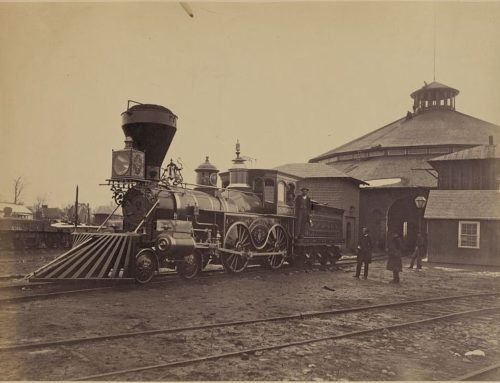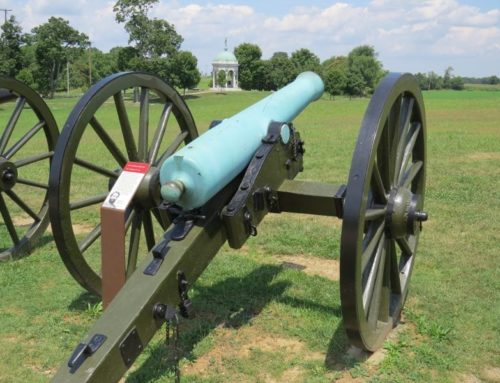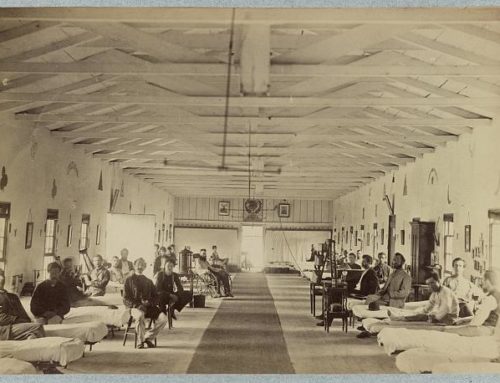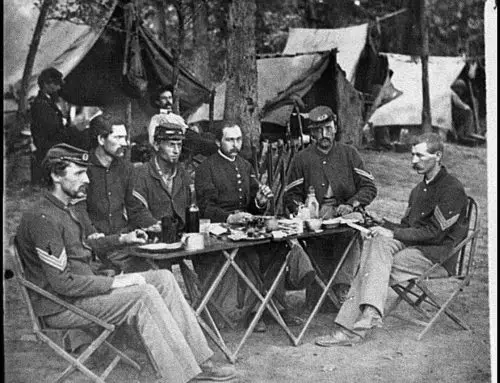(1828-1914)
There are no statues of Joshua Chamberlain erected for his gallantry in battle at the most famous of Civil War battles, Gettysburg.
Although the colonel bravely held back a fierce rebel attack that eventually secured the victory for the Union cause, he is only celebrated in Maine, his home state. Chamberlain knew little of what it was to be a soldier in his younger days but as he grew older he appreciated his family lineage that was embossed with greatness.
From a father who commanded troops at the ‘no shots fired’ Aroostook War of 1839 with Canada to the grandfather who was a local hero in the War of 1812, Chamberlain grew into a warrior.
Born in the small farming town of Brewer, Maine, “Lawrence” was the oldest of five siblings. His mother and father both were farmers who instilled in him the strictest moral code of ethics. This upbringing would prove to serve him well in his life as a military leader and academic intellectual.
After graduating from Bangor Theological Seminary in 1858, Chamberlain married his church fellow member sweetheart Fannie Adams. He would later recall how she was the light of his life.
Chamberlain opted to join the Union army instead of being a minister and enlisted as a colonel in the 20th Maine Volunteer Infantry Regiment.
His Civil War experience is vast and highly impressive. Chamberlain saw action as a leader in 24 battles, mostly fighting in the east against Lee’s encroaching Confederate army.
Forever woven into the fabric of stardom by the brilliant portrayal of Chamberlain by actor Jeff Daniels in the movie Gettysburg, the minister turned leader showed his contemporaries how tough he really was.
Joshua Chamberlain was wounded in battle six times and almost killed when his horse was shot out from under him at Gettysburg. In fact, Chamberlain had a nasty habit of losing horses in battles. He lost a total of six horses in his Civil War career.
At Gettysburg, Chamberlain was the colonel that allowed Meade to hold the Confederates until reinforcements arrived. Many war scholars mention this as one of the most pivotal battlefield maneuvers in The Civil War.
Chamberlain wrapped up his career in the war by being graciously chosen by Grant as the commander that would receive the formal surrender of Lee and the Confederate forces at Appomattox April 12, 1865. Always the consummate gentleman, Chamberlain had his troops salute the defeated Confederates as they marched past, proudly demonstrating his commander’s view on encouraging the remaining rebels still fighting to surrender.
This was not modern warfare and there was no lightening fast media in which to broadcast over the entire country that the war was over. The only way was to allow a certain number of rebel soldiers the right to march back to the south and tell of the surrender. The tactic worked and within three months after the surrender was signed, something akin to peace was on hand.
After the war, Chamberlain spent his last three decades of life writing his personal accounts of the battles and speculating in Florida real estate. The Civil War was an idealized struggle of manhood instead of the dark memories of Sherman; the entire outcome was always in the hands of Providence to Chamberlain.
This leaning towards religious overtones is right on course for the minister from Maine who ‘held the line’ so gallantly at Gettysburg. Chamberlain passed away in Maine nine years after his beloved wife passed away. A scholar to the end, Chamberlain was the picture of an intellectual soldier.



